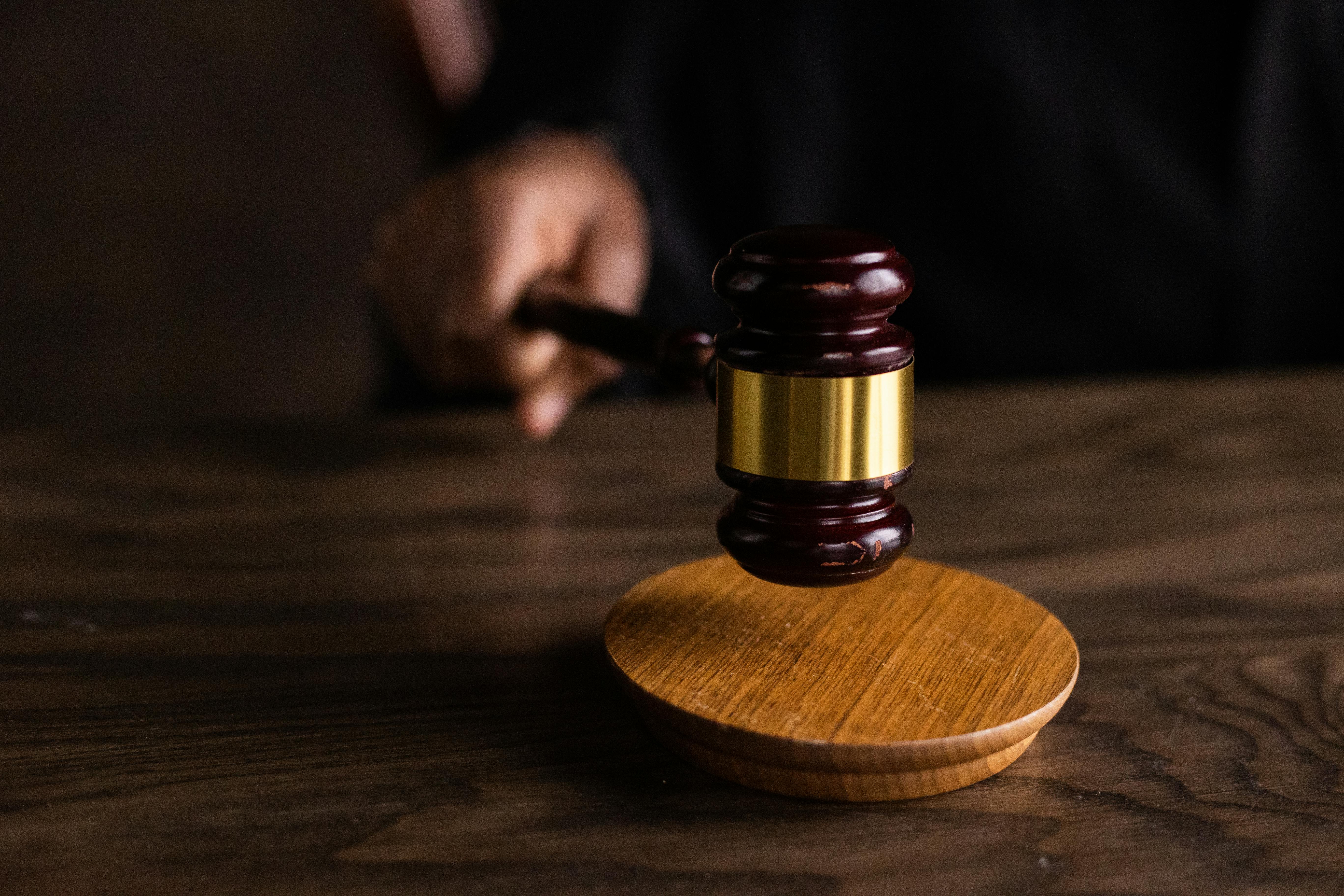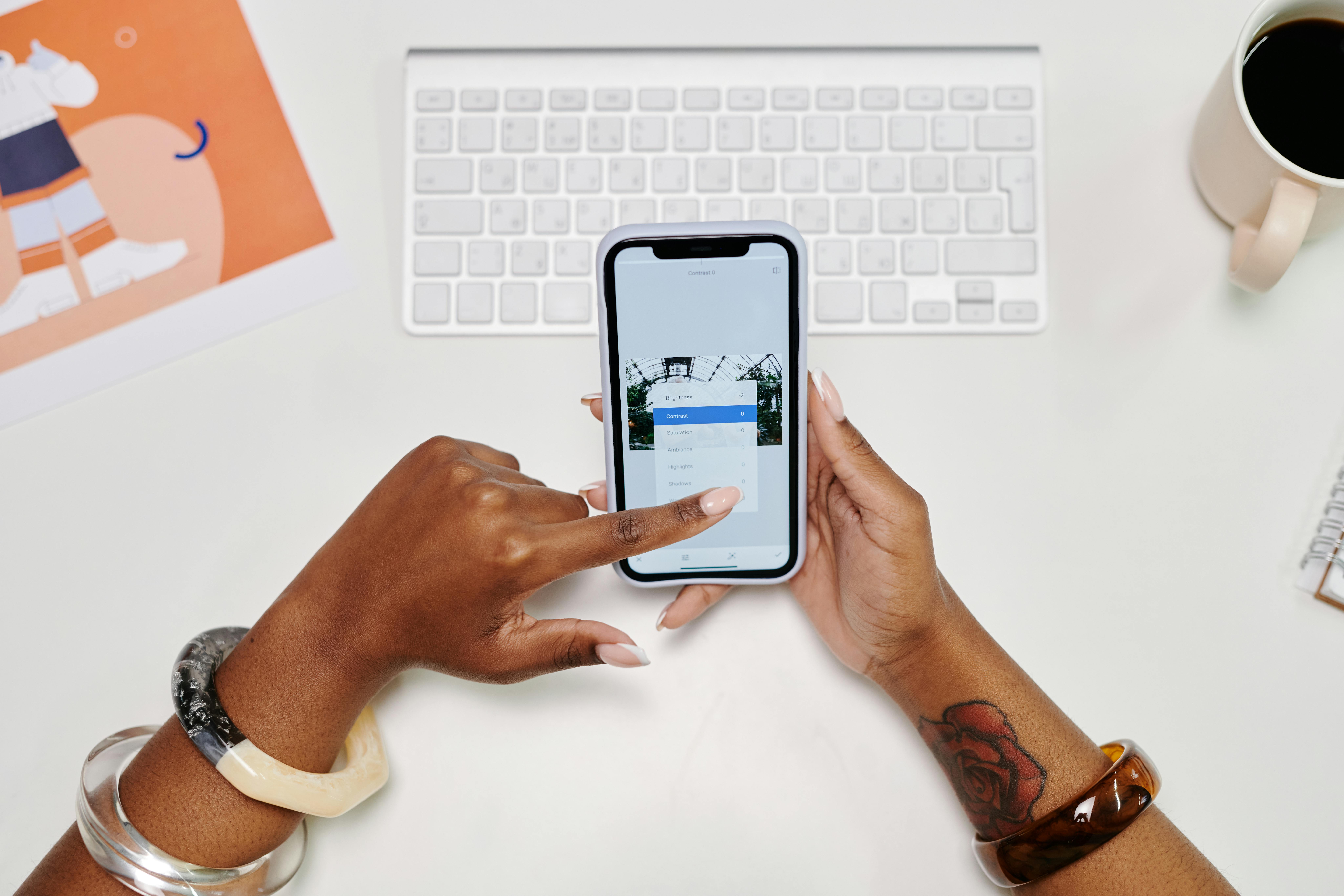Digital access is a civil right. Yet, countless websites still exclude people with disabilities from fully participating online, whether by blocking screen readers, omitting captions, or using designs that make navigation impossible. These barriers don’t just create inconvenience; they amount to discrimination under the law.
If you’ve encountered a website that prevents equal access because of your disability, you may have grounds to take legal action. Under the Americans with Disabilities Act (ADA), businesses that operate online are required to provide accessible digital services to all users. This guide explains when website barriers become ADA violations, how to file a claim, and why working with an experienced website accessibility lawyer or ADA attorney New Jersey can help you enforce your rights effectively.
Key Takeaways
- ADA protections extend to websites and mobile apps that serve the public.
- ADA website compliance means adhering to WCAG accessibility standards.
- You can file a lawsuit if a website denies equal access due to disability.
- A website accessibility lawyer manages the technical and legal aspects of your claim.
- Working with an ADA attorney in New Jersey gives you access to both federal and state disability protections.
Understanding How the ADA Applies to Websites
The Americans with Disabilities Act (ADA) is a landmark civil rights law that prohibits discrimination against individuals with disabilities. Although it was enacted in 1990, before the rise of the internet, courts and the U.S. Department of Justice (DOJ) have affirmed that its protections extend to online platforms.
Under Title III of the ADA, any business that serves the public must ensure its goods, services, and communications are accessible. This includes not just physical locations but also websites and mobile applications.
When a website’s design or functionality blocks access for people who are blind, visually impaired, deaf, or physically limited, it may constitute an ADA violation.
Common Signs of ADA Website Noncompliance
Inaccessible websites often prevent users with disabilities from completing essential tasks such as purchasing products, applying for jobs, or accessing medical services. Common accessibility issues include:
- Missing alt text for images, preventing screen readers from interpreting visuals.
- Videos without captions or transcripts leave deaf or hard-of-hearing users excluded.
- Navigation menus that can’t be accessed by keyboard.
- Unlabeled form fields confuse assistive technologies.
- Low-contrast text, poor color use, or flashing elements that affect readability.
These design flaws are not just inconveniences; they are barriers that violate equal access rights under the ADA.
The Standards That Define ADA Website Compliance
To achieve ADA website compliance, most organizations follow the Web Content Accessibility Guidelines (WCAG), a globally recognized set of standards created by the World Wide Web Consortium (W3C).
While the ADA doesn’t name WCAG specifically, the DOJ and courts often rely on it as the benchmark for determining compliance. WCAG guidelines require that websites be:
- Perceivable: Information must be presented in ways users can perceive.
- Operable: Interface components must be accessible via keyboard and assistive devices.
- Understandable: Content must be easy to read and navigate.
- Robust: Websites should work reliably across assistive technologies.
Businesses that fail to meet these standards can be held accountable under ADA regulations.
Determining When You Have a Valid Legal Claim
If you encounter accessibility barriers that prevent you from using a website, you may be eligible to file a lawsuit under the ADA.
A valid claim typically requires that:
- You have a qualifying disability under the ADA.
- The website is operated by a business that serves the public.
- You were denied equal access due to those barriers.
Many successful lawsuits have involved businesses in retail, education, healthcare, and financial services industries, where digital accessibility is critical to daily life.
The Legal Process: From Consultation to Resolution
Once you contact a website accessibility lawyer, the legal process begins with an initial evaluation of your experience. Your attorney will:
- Review the facts to confirm ADA standing.
- Coordinate expert testing to identify accessibility barriers.
- Document violations through reports and evidence.
- Issue a demand letter to the business outlining the required corrections.
In many cases, disputes are resolved through settlement negotiations, where businesses agree to fix accessibility issues and provide compensation. However, if they refuse, your ADA lawyer can file a federal or state lawsuit to enforce compliance.
For plaintiffs in New Jersey, an ADA attorney in New Jersey can also pursue claims under the New Jersey Law Against Discrimination (NJLAD). This state law strengthens protections beyond the federal ADA.
Why ADA Website Lawsuits Drive Meaningful Change
Filing an ADA website lawsuit does more than resolve individual grievances; it fosters systemic progress. When businesses are held accountable, they not only fix the barriers at hand but also often implement long-term accessibility programs to avoid future violations.
These lawsuits set industry precedents, compelling other organizations to adopt ADA website compliance proactively. Over time, this collective movement expands digital access and ensures the internet is inclusive for all.
How a Website Accessibility Lawyer Supports Your Case
A website accessibility lawyer combines legal experience with technical understanding to strengthen your case.
They can:
- Conduct in-depth assessments of the website’s accessibility.
- Collaborate with expert witnesses and accessibility specialists.
- Negotiate enforceable settlements that include ongoing compliance obligations.
- Represent you in court to pursue compensation and injunctive relief.
Their goal is not only to win your case but also to create lasting accessibility improvements that benefit the entire disability community.
Enforce Your Right to Equal Digital Access
Accessibility is a right, not a privilege. If a business website prevents you from using its services because of your disability, you are entitled to take action.
Contact our team today for a free consultation with a website accessibility lawyer. Together, we can hold businesses accountable and make the digital world more inclusive for everyone.
Frequently Asked Questions
1. Do all business websites need to comply with the ADA?
Yes. Any business that provides public goods or services, whether in-person or online, must ensure accessibility under the ADA.
2. What if I only had trouble on one page or feature?
Even partial inaccessibility can qualify as an ADA violation if it denies you equal access or participation.
3. Do I need technical expertise to file a claim?
No. Your ADA attorney in New Jersey will handle the investigation, technical analysis, and legal filings.
4. How long does an ADA website lawsuit take?
It varies, but many cases are resolved within a few months through settlements, while others may proceed to court if compliance is disputed.





